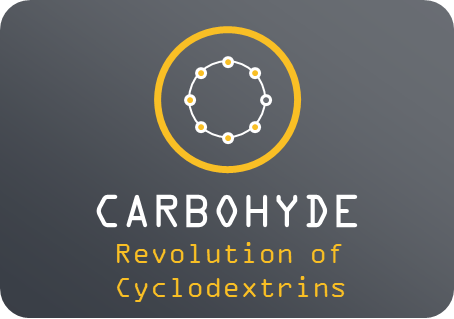Mannose-methyl-β-cyclodextrin suppresses tumor growth by targeting both colon cancer cells and tumor-associated macrophages
We have known for a while that methylated β-cyclodextrin (MβCD) can extract cholesterol from lipid rafts and induce apoptosis in cancer cells by inhibiting activation of the PI3K-Akt-Bad pathway.
In this study from Kumamoto University (Keiichi Motoyama), MβCD with mannose (Man-MβCD) is assessed for targeting colon cancer cells expressing the mannose receptor (MR) and tumor-associated macrophages (TAM). Man-MβCD showed a significantly greater level of cellular association with colon-26 cells and M2 macrophages, and much more prominent anticancer activity than that of MβCD against MR-positive colon-26 cells. These results revealed that autophagy was the main mechanism of cell death associated with Man-MβCD. Furthermore, compared with MβCD, Man-MβCD significantly reduced tumor development following intravenous delivery to tumor-bearing mice, with no apparent side effects. Thus, Man-MβCD has the potential to be a novel anticancer drug.
If you would like to try something like this, check out this site for ideas: Custom synthesis of cyclodextrins – www.carbohydesolutions.com

